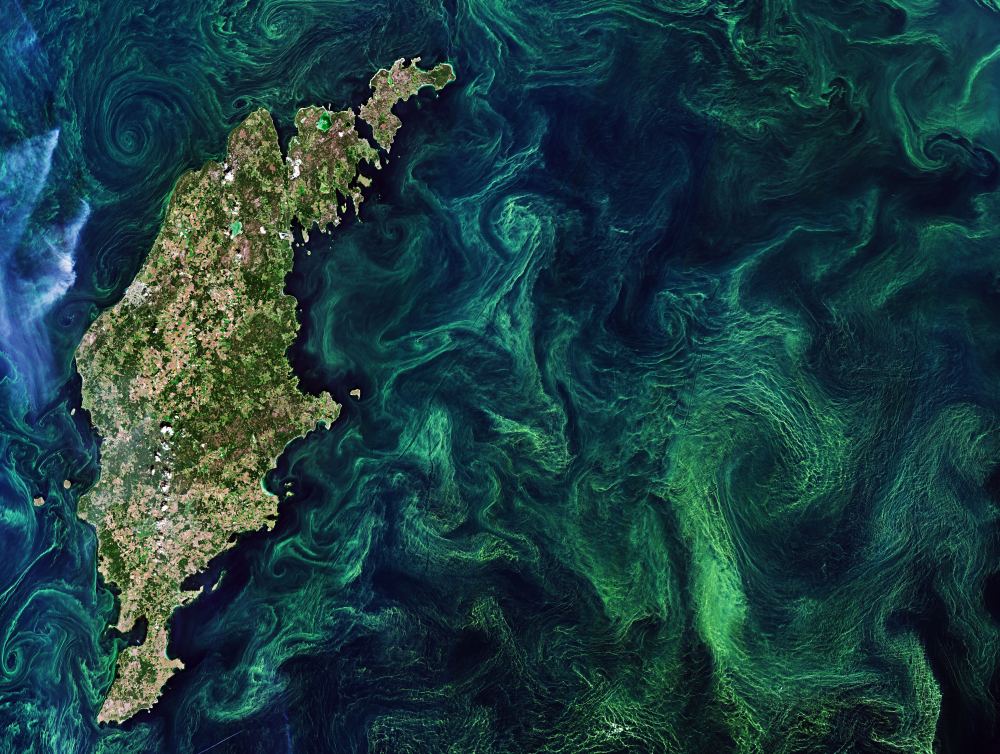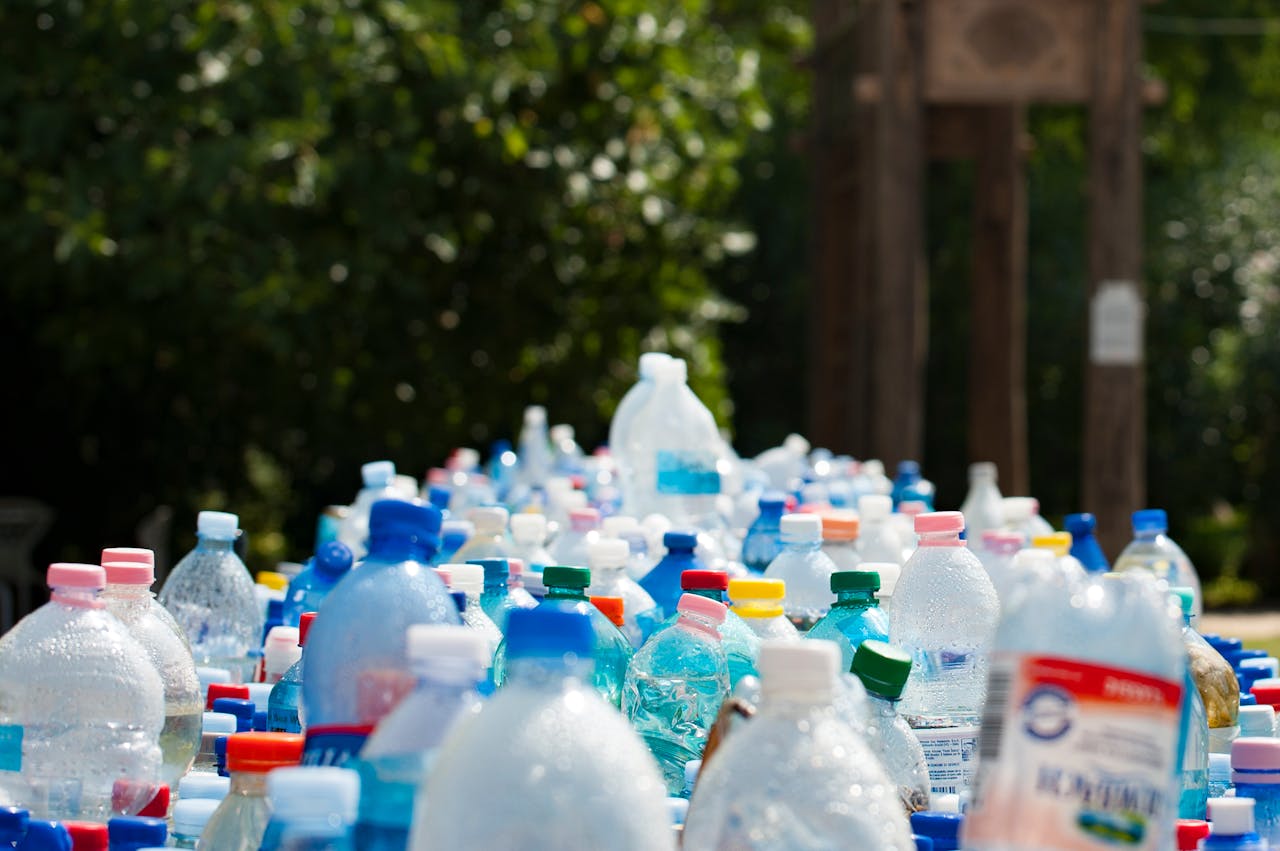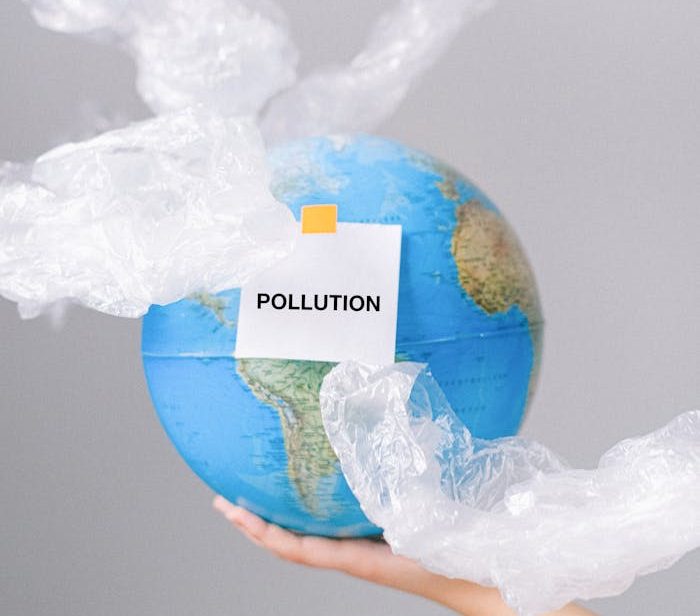Just when we thought our trusty forests and oceans could bail us out, nature decided to hit the “Nope” button. In a twist of ecological irony, scientists are warning that Earth’s carbon sinks—our planet’s very own janitorial squad—are collapsing faster than your motivation to recycle. Forests, oceans, and soil, which absorb carbon emissions (you know, from your car and that meat lover’s pizza), are losing their ability to mop up our mess.
Global Heating Models are Freaking Out
For decades, we’ve built global heating models like Lego towers, but now, it turns out those towers are on shaky ground. The collapse of nature’s carbon sinks means that future climate models could be wrong by a terrifying margin, leading to more rapid warming than anticipated. Sure, you could invest in SPF 1000 sunscreen now, but that’s only going to cover your face—not the oceans.
Scientists are basically waving red flags in every direction, shouting, “Hey! Net-zero emissions goals? Yeah, good luck with that when half the carbon we were counting on being absorbed is doing a disappearing act.”
Phytoplankton Panic: Barents Sea Drama
As if the situation wasn’t bad enough, phytoplankton in the Barents Sea are having their own breakdown. With melting sea ice exposing algae-eating zooplankton to more sunlight, the seabed’s ability to store carbon is shrinking faster than your attention span on a Monday. Less ice means more sun for these tiny critters to devour algae, reducing carbon storage on the ocean floor. Just what we needed—another natural system waving the white flag.
“Everyone understands why the rainforests and trees are important – they are the lungs of the Earth, taking up carbon dioxide from the atmosphere. What is overlooked is that the oceans are of equal importance – every second breath you take comes from the oceans.”
(Kulk, 2020, Universe Today)

Blame It on Us
Let’s be real—climate change isn’t happening because trees woke up one day and decided to peace out. Human activities—like deforestation, and fossil fuel addiction—are causing the planet to warm, reducing the capacity of natural sinks. So, while we lounge in our air-conditioned doom chambers, nature’s just trying to survive our recklessness.
But don’t worry, keep tossing that plastic in the ocean. It’ll help. Said no one ever.
What Can We Do?
Now that climate targets seem as realistic as riding a unicycle on a tightrope over molten lava, we’re faced with two choices: keep pretending that everything’s fine, or embrace innovative solutions (like the ones at URMatter where we recycle anything but your bad habits). Maybe it’s time to rethink our approach. Plant more trees, drive less, and for the love of the planet, eat less meat!
Conclusion
The situation is dire, but there’s still hope. We can’t fix the collapsing carbon sinks overnight, but we can reduce emissions, rethink our energy sources, and support environmental conservation efforts. Or, hey, just wait for Earth to slap us with the mother of all hurricanes. Your call.
For more insights on the role of carbon sinks and their impact on global warming, check out The Guardian’s full article.



